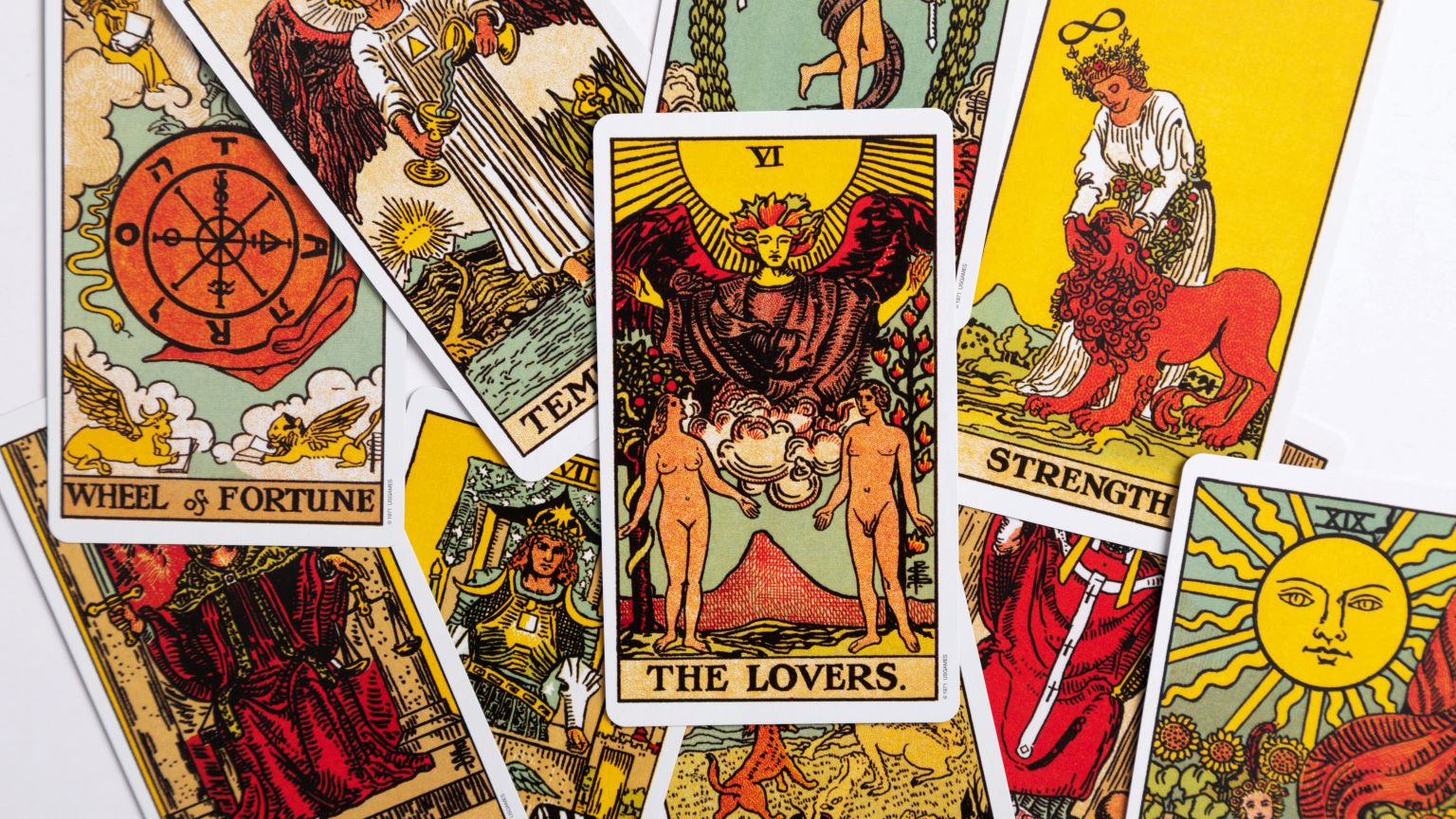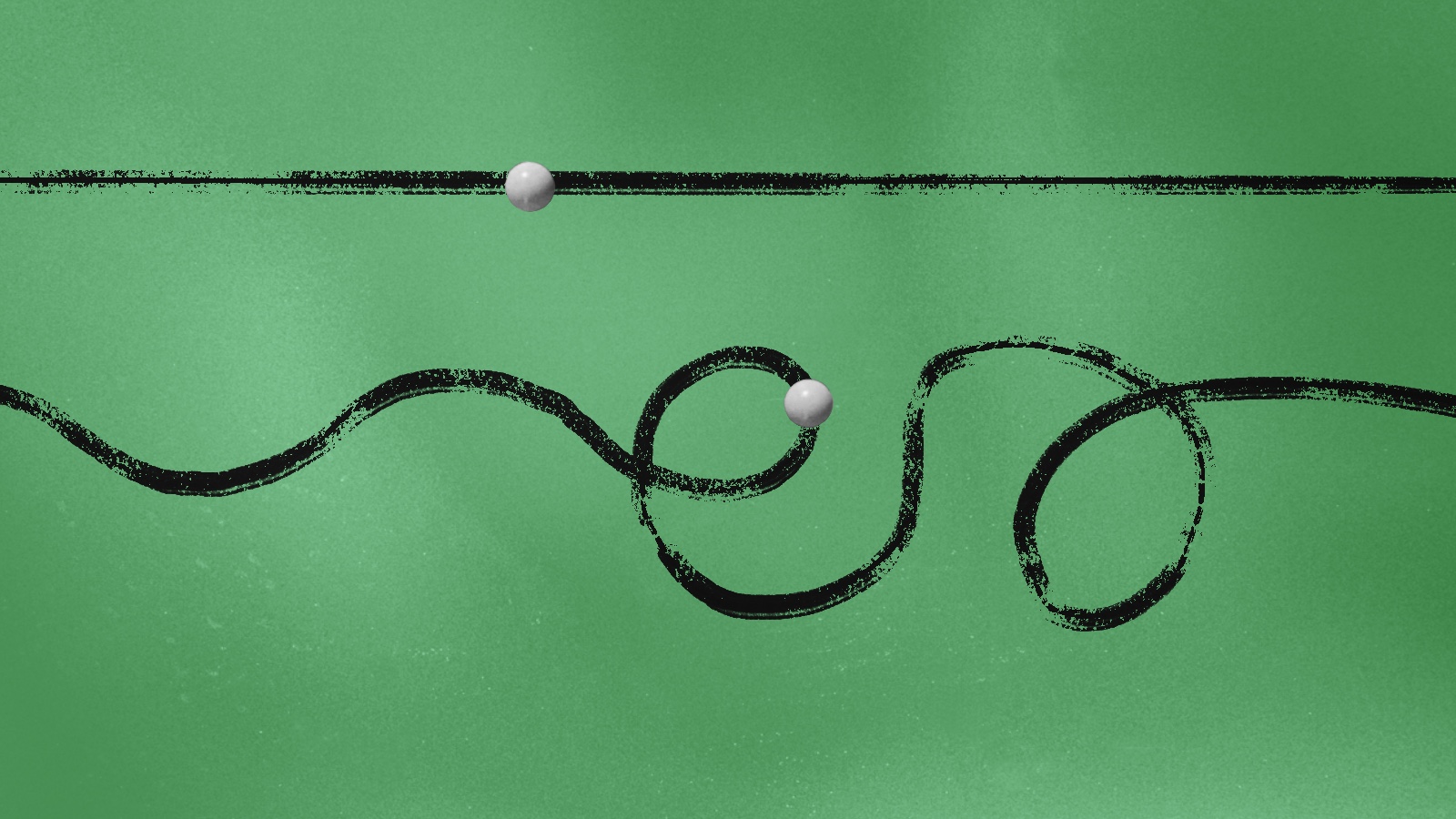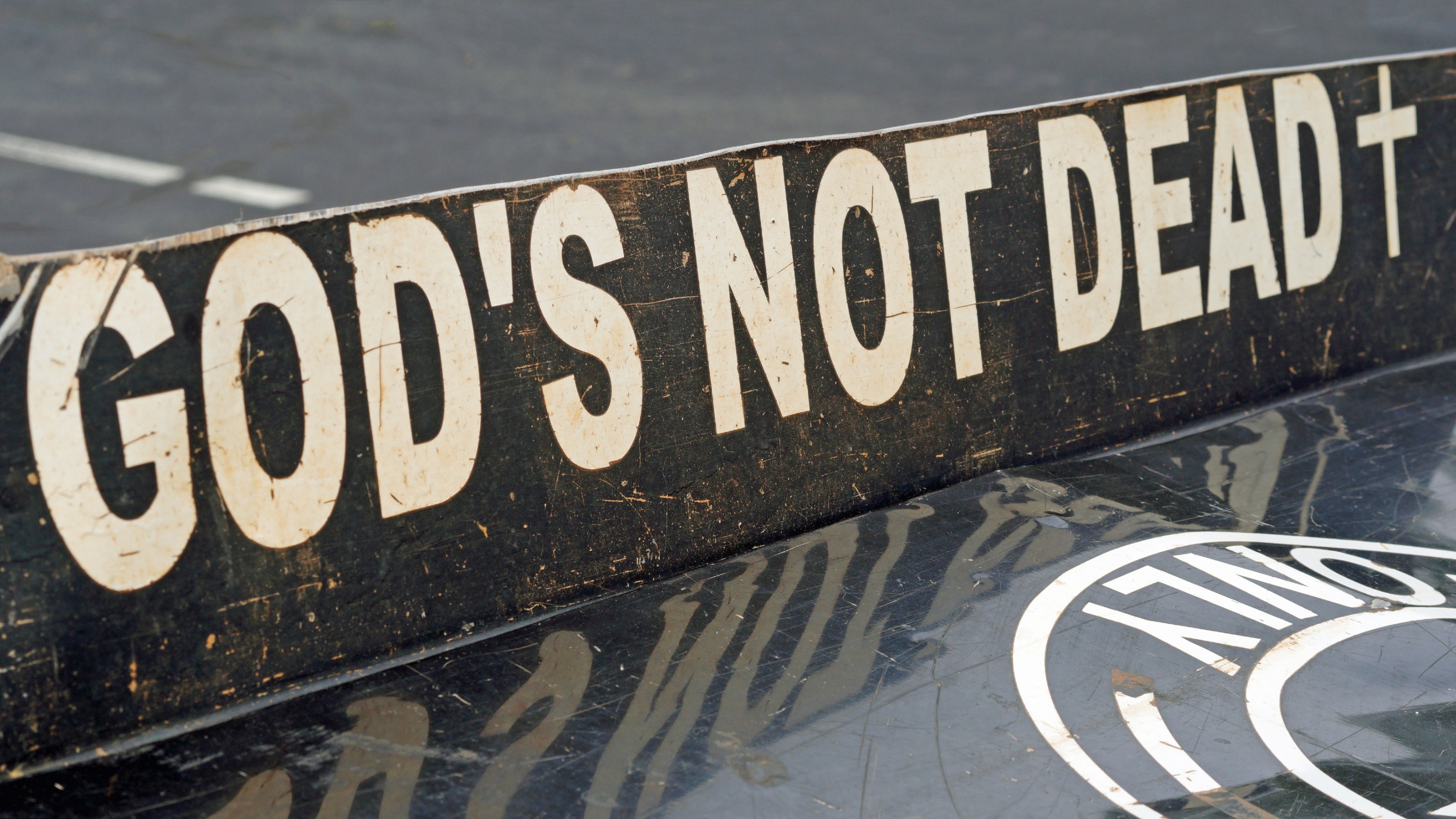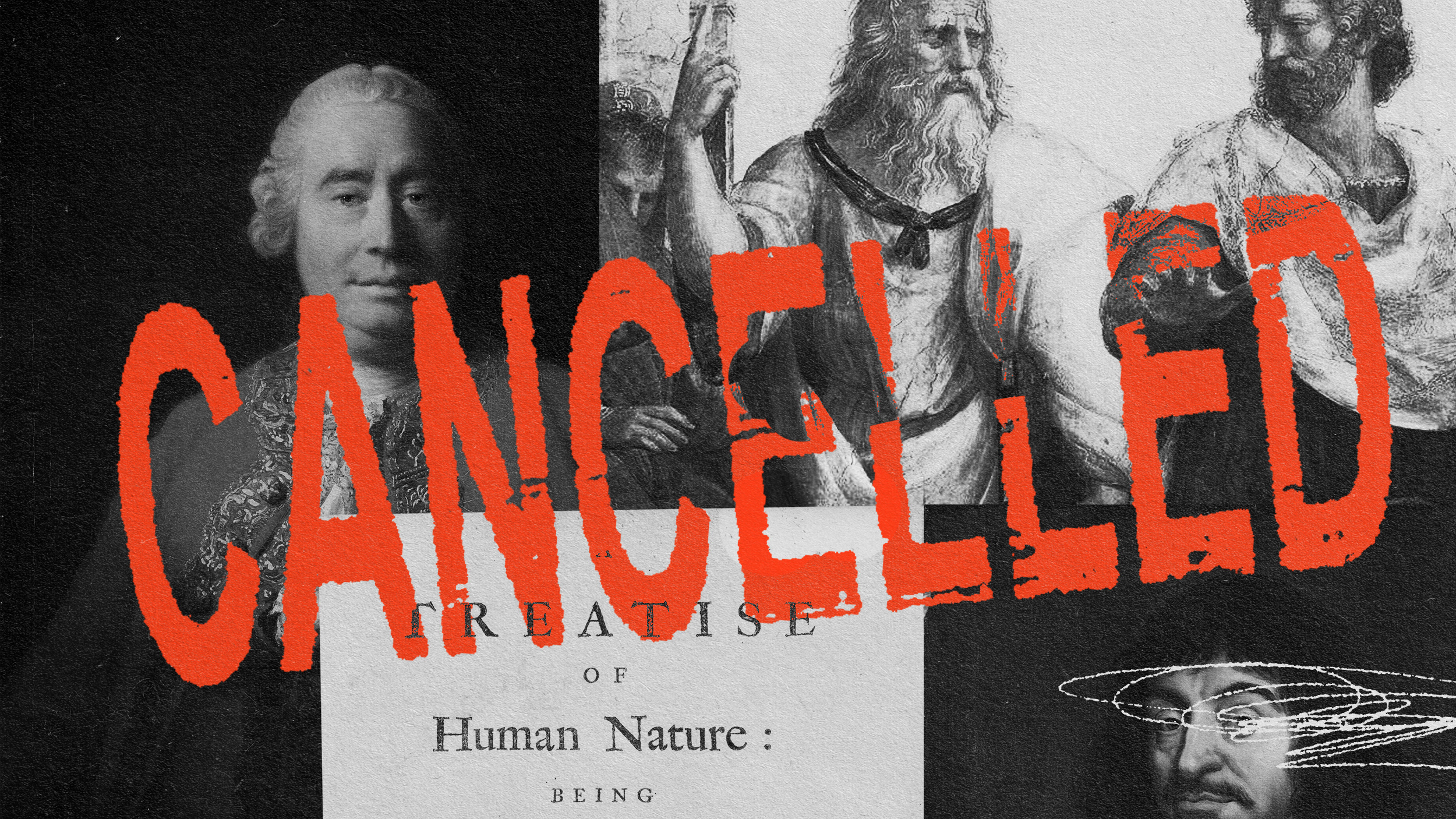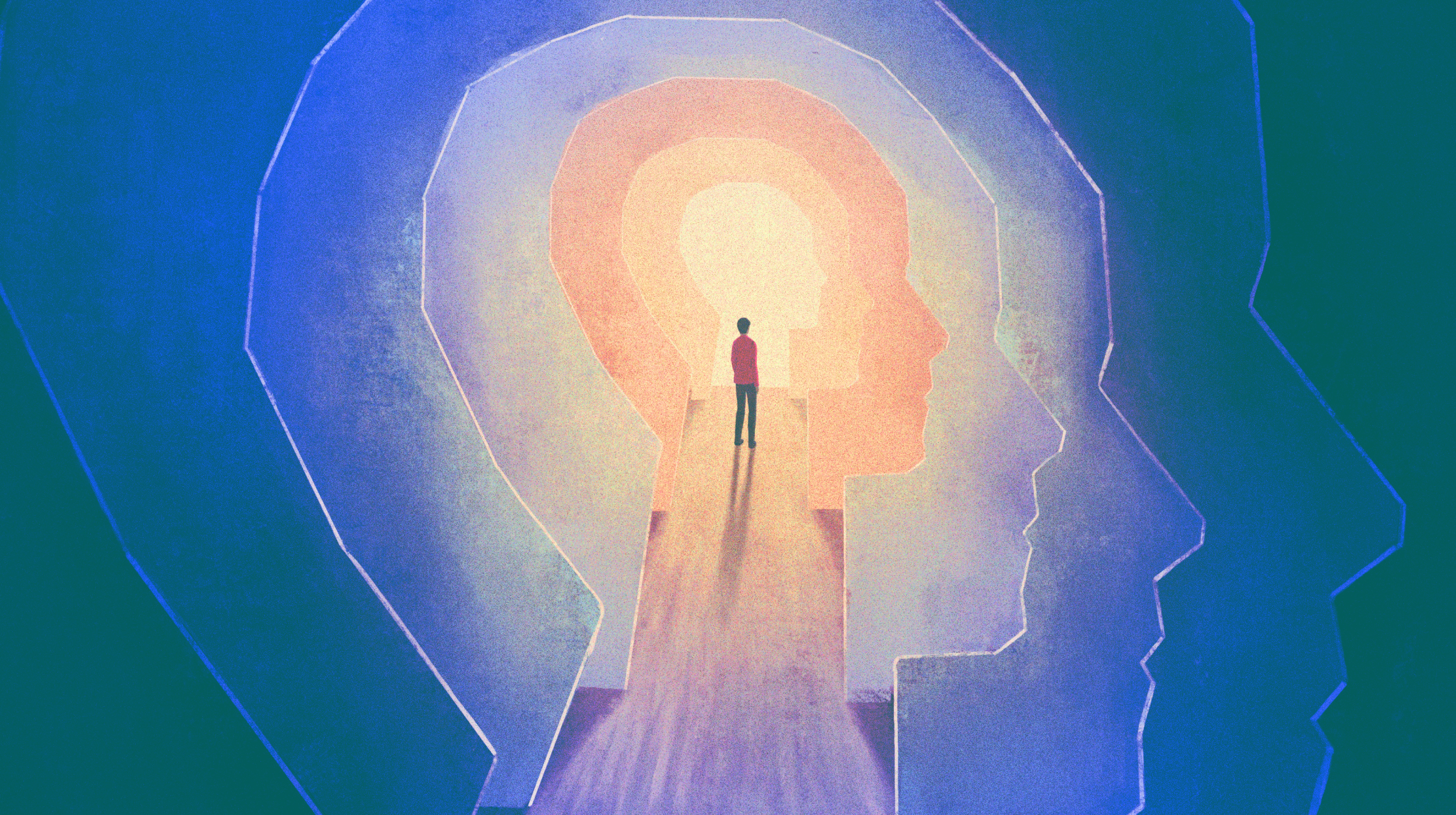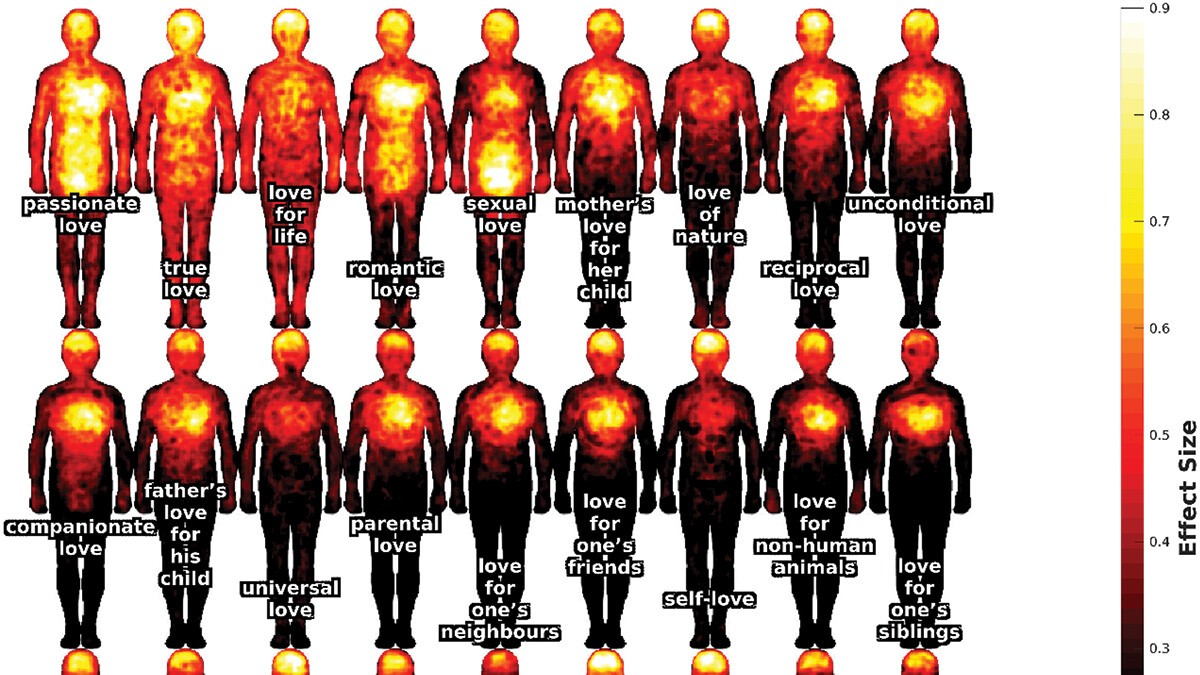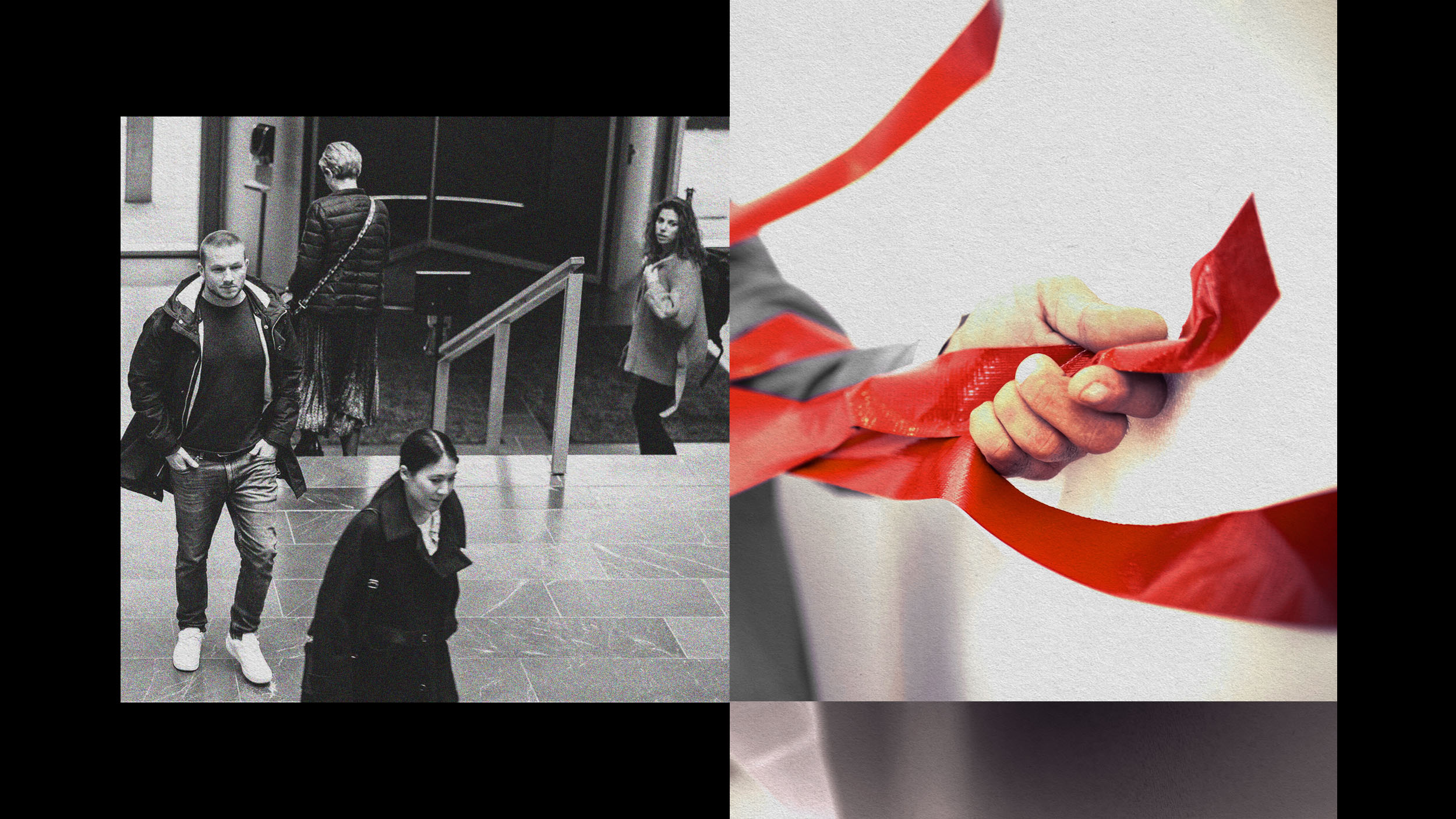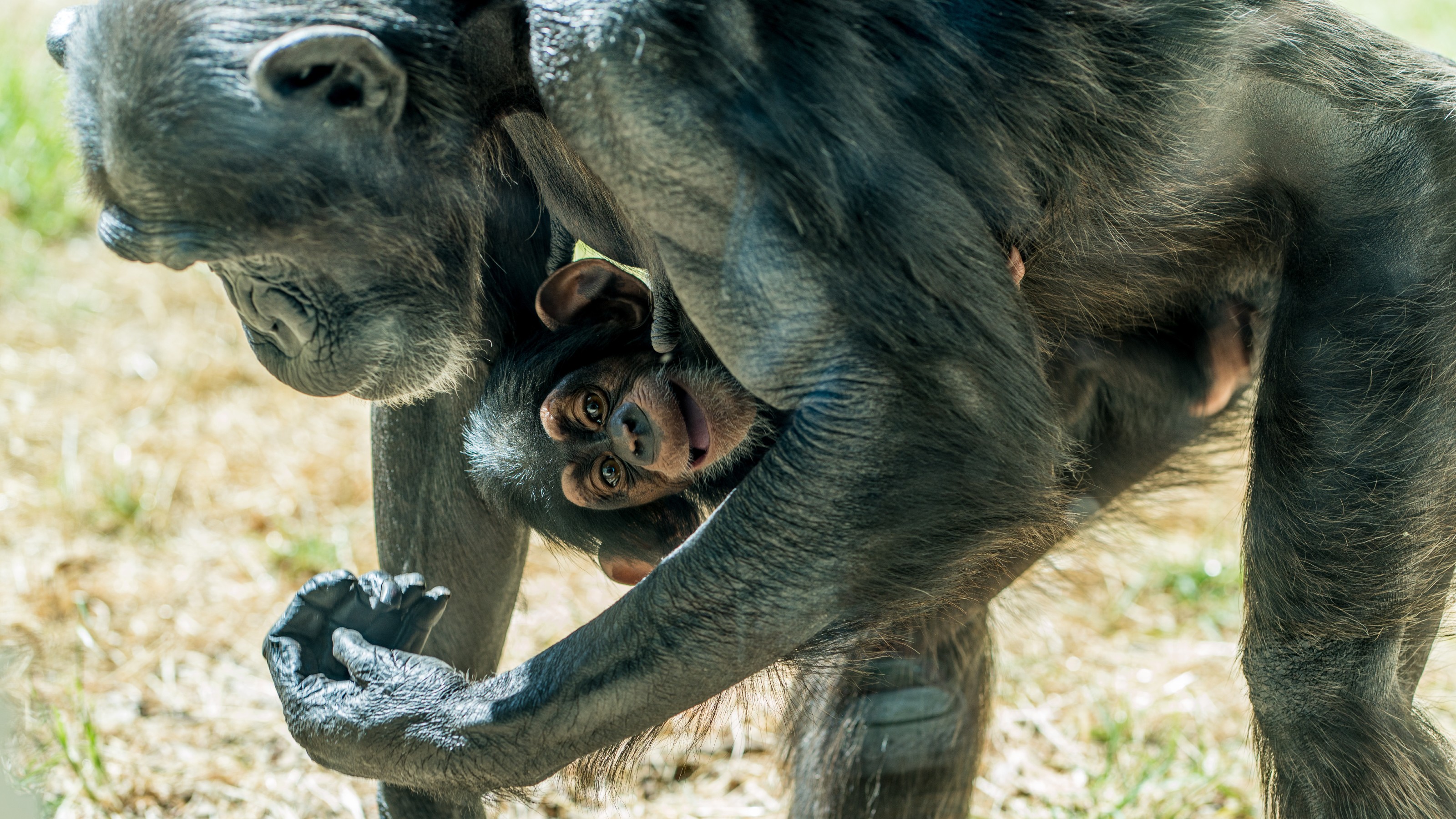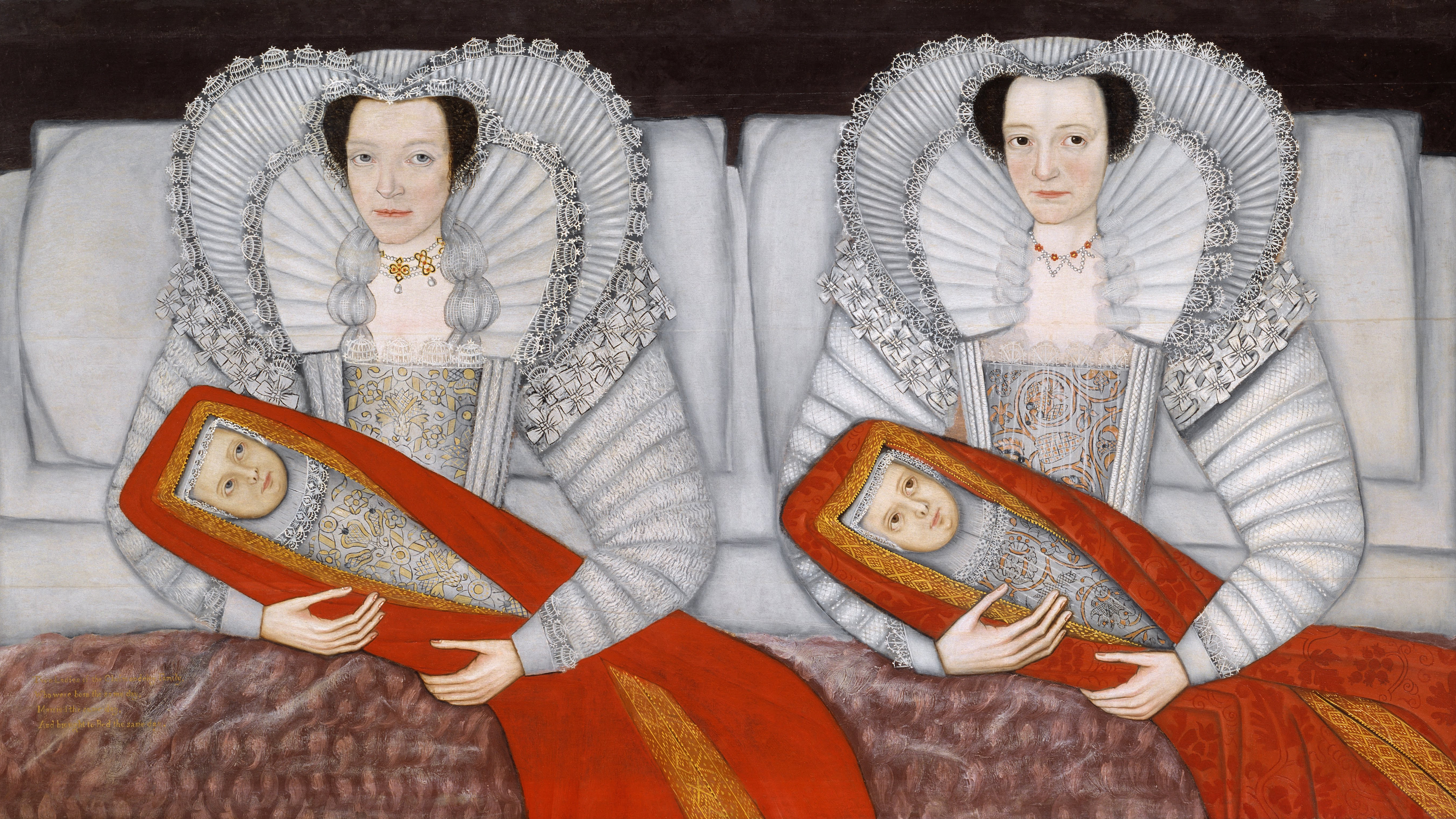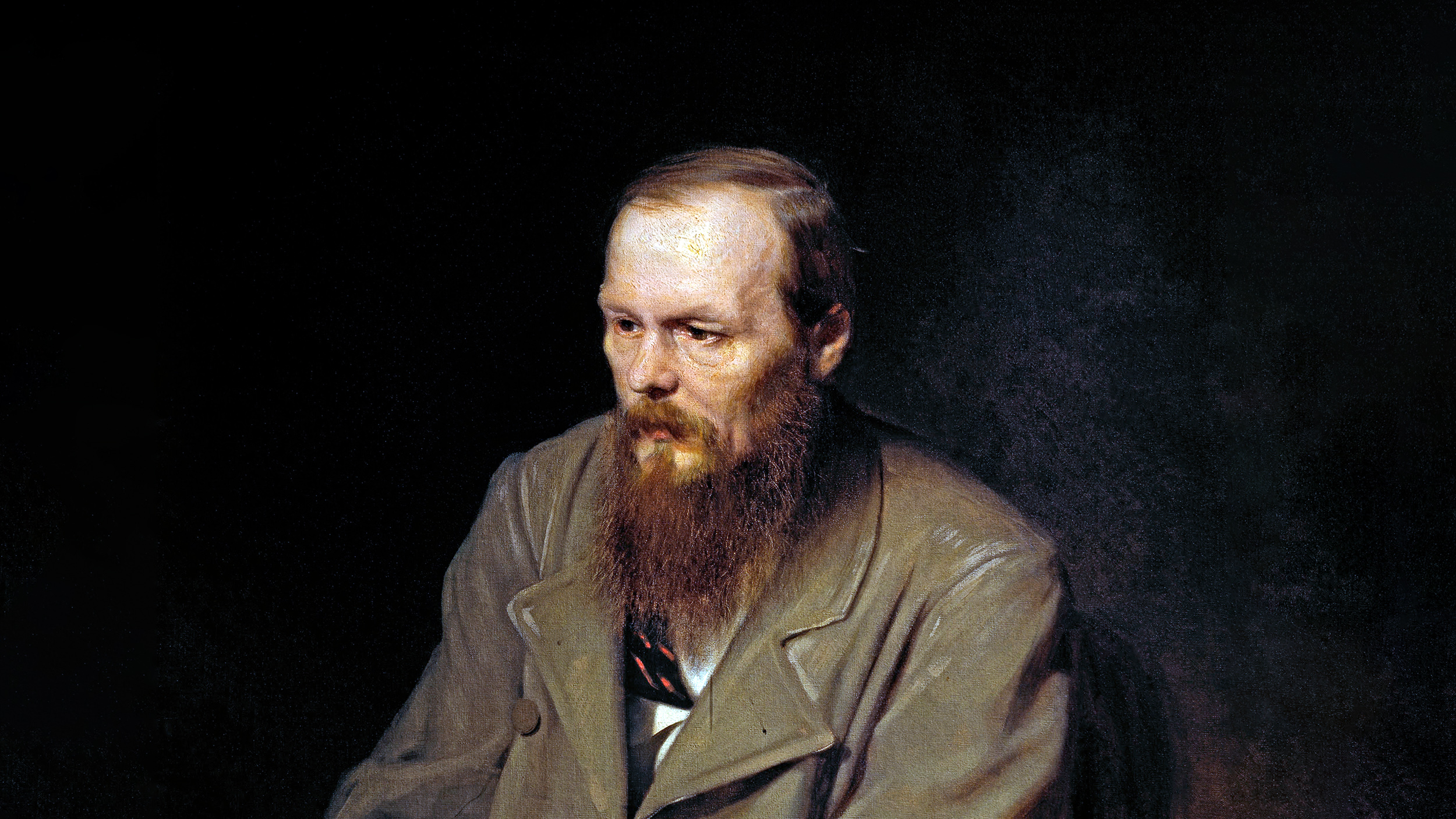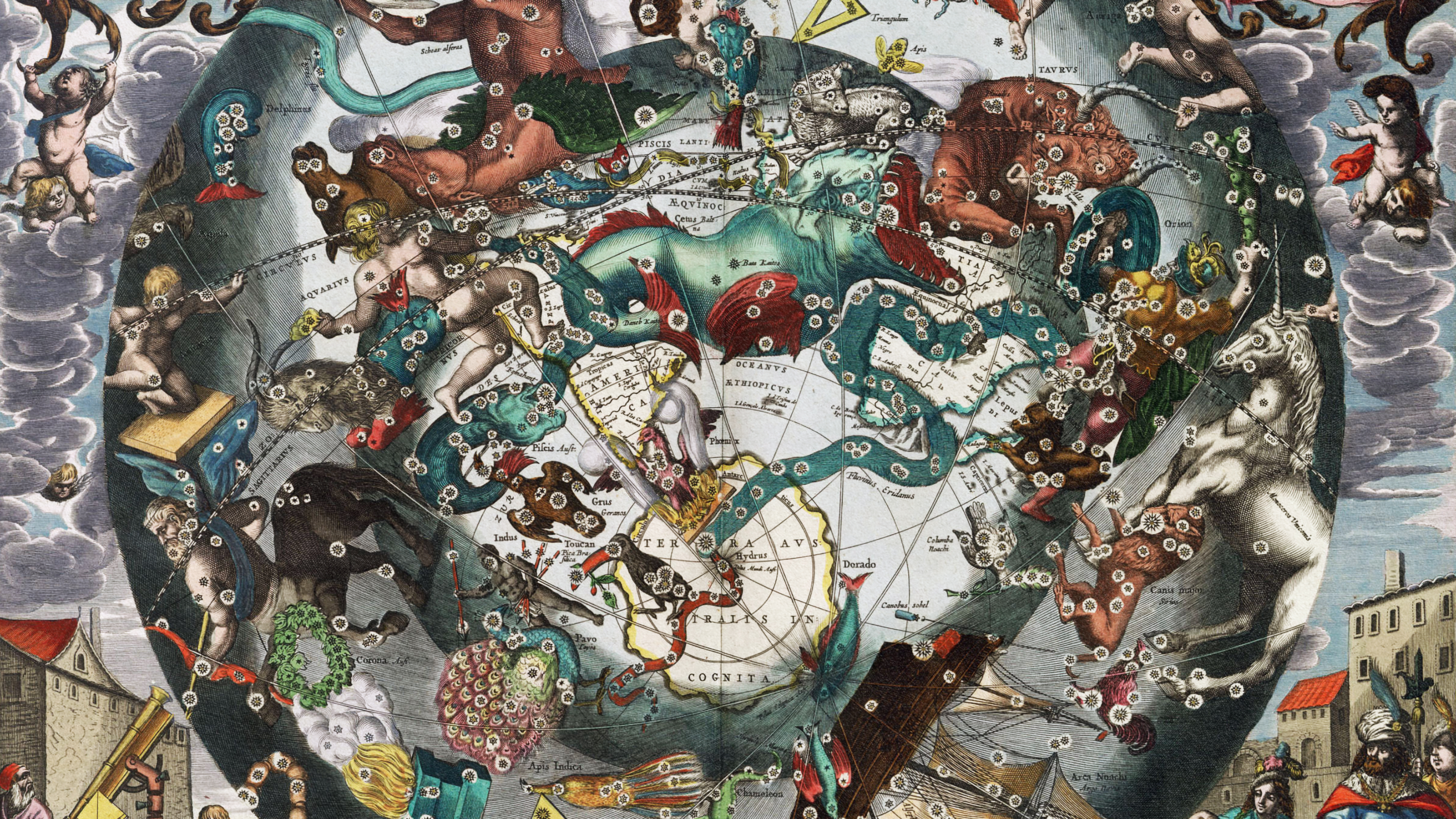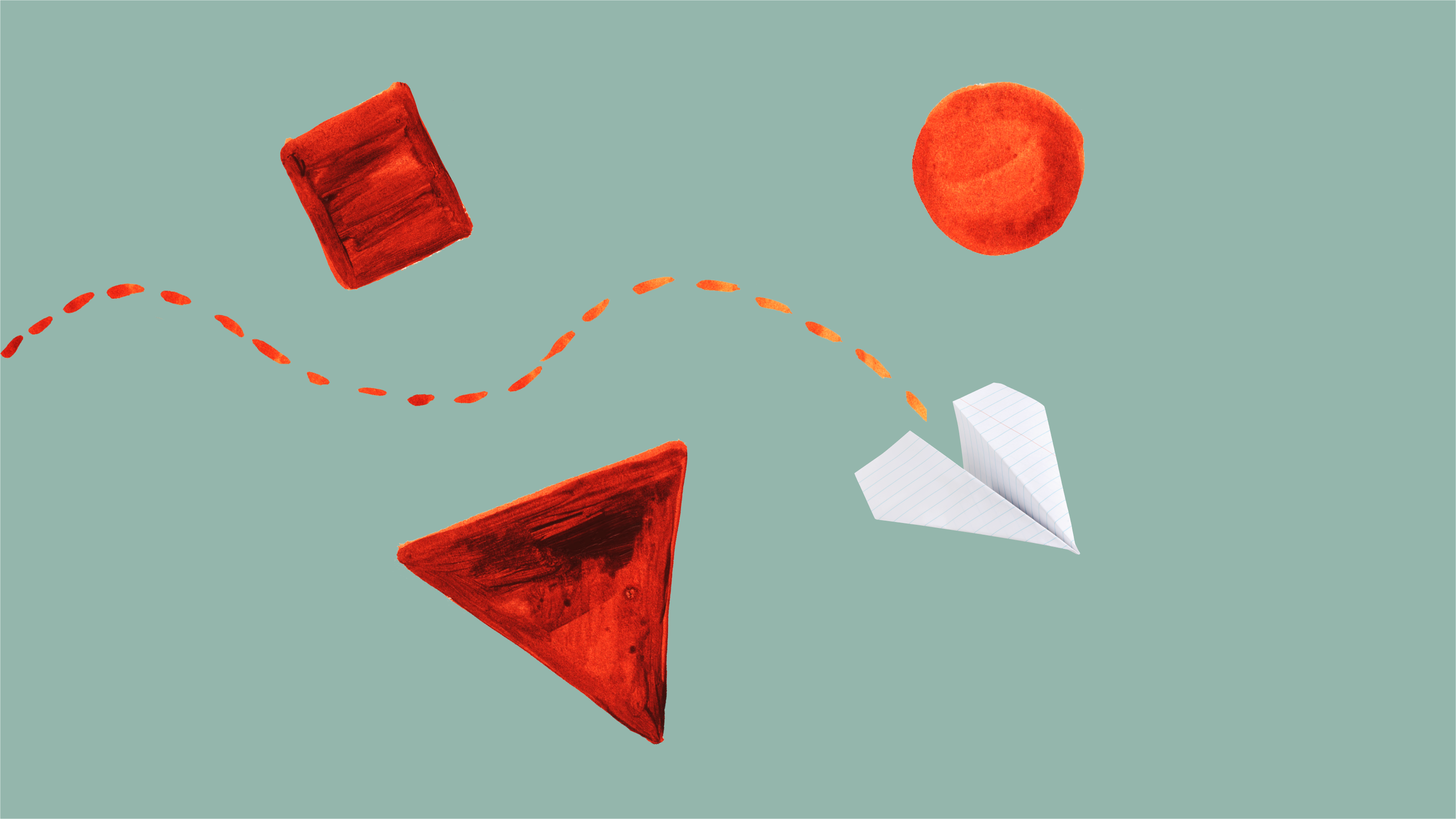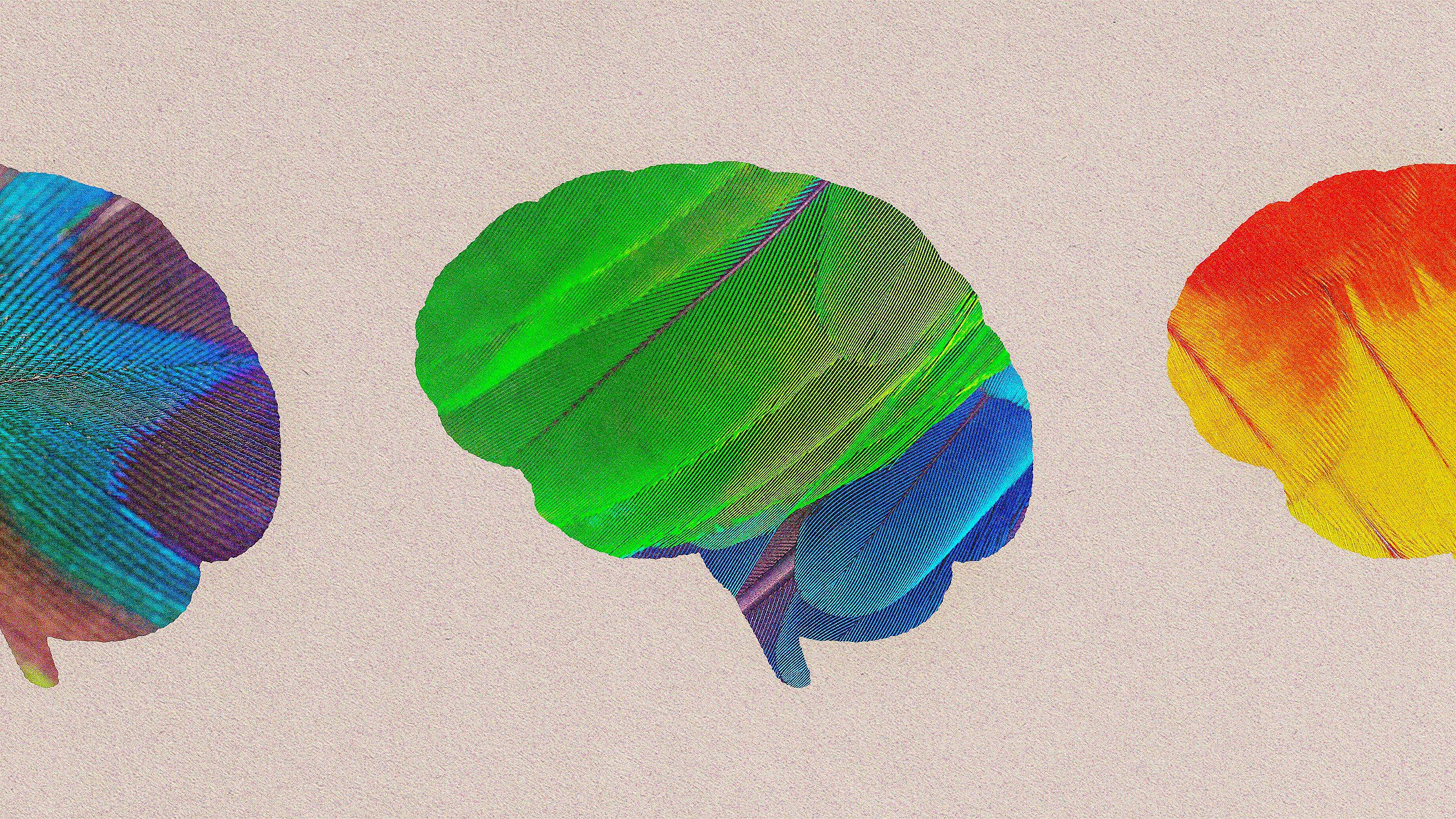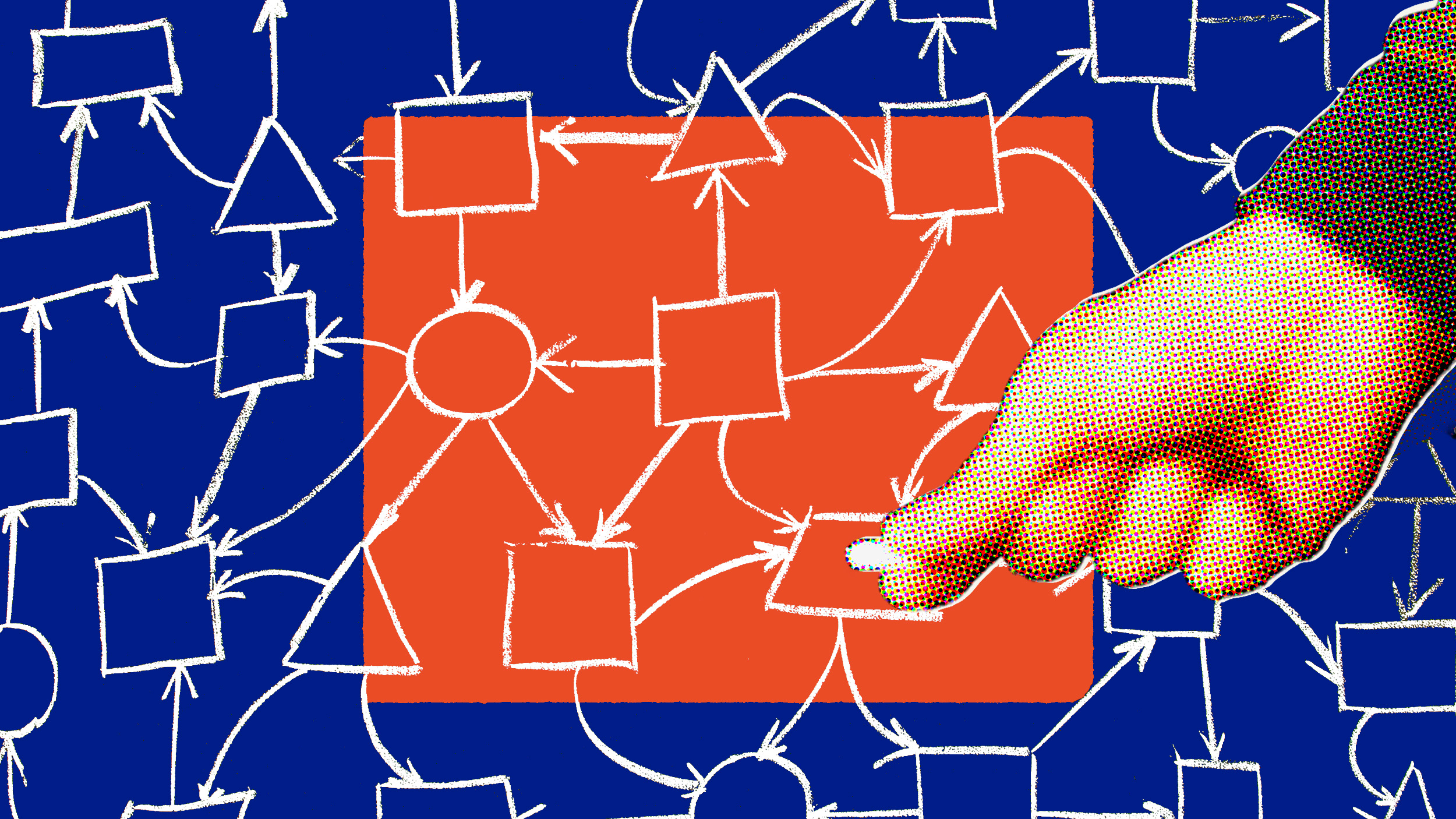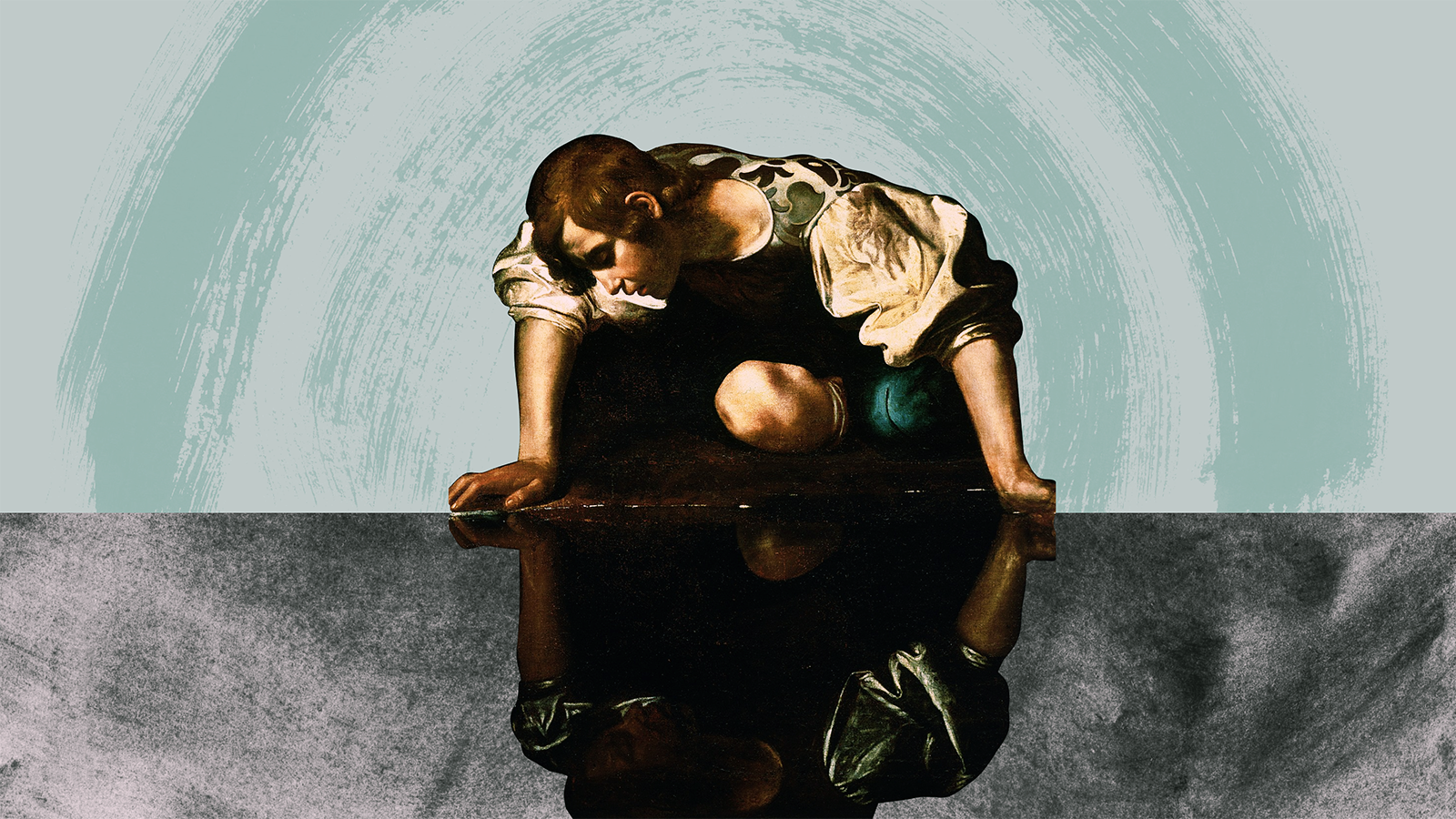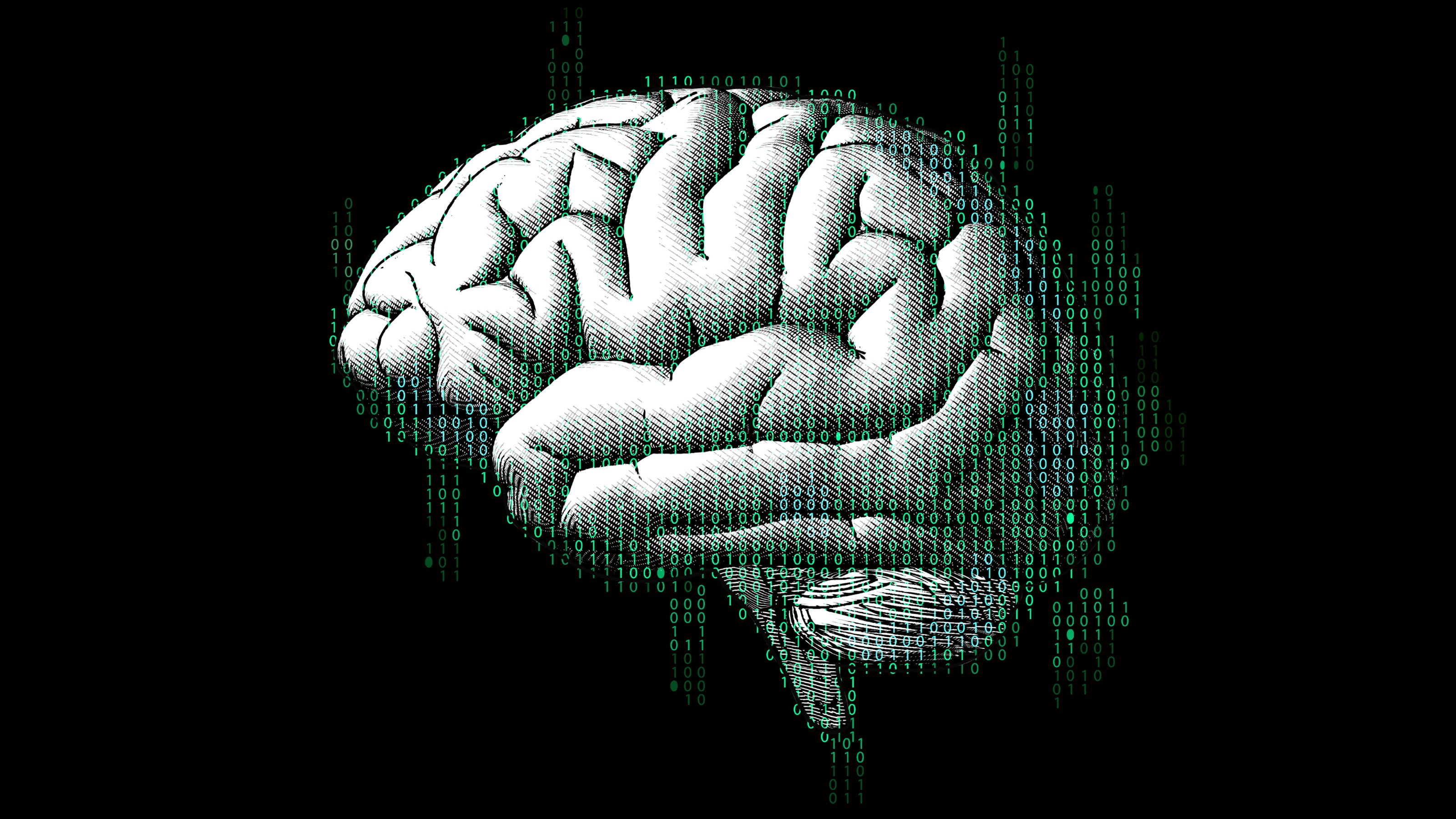"Hardcore History" host Dan Carlin recently spoke with Big Think about the history of humanity's drive to create — and whether or not we can control it.
Search Results
You searched for: how rational are you
Bertrand Russell shows us how to recognize emotional arguments smuggled into presumed statements of fact.
Evolutionary psychology could explain those otherworldly feelings.
The best-laid plans of mice and everyone else.
In the philosophy of Star Wars, the Sith are evil because they surrender to passion. But is a life of total rationality a “good” life?
That Nietzsche quote might not mean what you think it does.
Recent high-profile instances of fraud in psychology have led some to wonder if there's anything useful about the field at all.
Stoicism is popular today but often misunderstood and misapplied. In fact, a naive interpretation of Stoicism is damaging to your well-being.
Dating apps have made it easier than ever to find a partner. Paradoxically, the ease of finding matches means some remain perpetually single.
"I thought strangers knew who I was and were whispering about me as I walked by."
"Conceptual isolation" offers an agreeable solution.
Intellectual humility demands that we examine our motivations for holding certain beliefs.
Once a cosmopolitan faith, Islam valued intellectualism and modernity. It was derailed by various geopolitical and religious forces.
Survey data suggests that our bodily perceptions of love extend far beyond the heart.
Intentions tend to get mangled by overreach in every complex organization — so dial up the charisma and the clarity.
Why, exactly, should you die for your child?
In an attempt to prove Christianity inferior to communism, a Soviet scientist hoped to play God.
Emotion dysregulation has been linked to unhealthy risk-taking, relationship challenges, and negative physical health outcomes.
Great writing can unveil the criminal psyche better than any other artistic medium.
We should acknowledge that there are faith-based myths running deep in science's canon.
The secret may lie in an old idiom: "Sleep on it."
The transformational change driven by AI will elevate neurodiversity inclusion as an organizational asset, argues Maureen Dunne.
One god stands for order, logic, and reason. The other stands for chaos, madness, and drunkenness. Nietzsche thinks you need both.
Acting "little and often" has huge consequences and they're not always good — but awareness yields solutions.
Within the "Dark Triad" of personality traits, narcissism exists on a confidence spectrum.
Millions of people have had a near-death experience, and it often leads them to believe in an afterlife. Does this count as good proof?
We could even benefit from more whataboutisms — if they're used properly.
Sex, it turns out, isn’t as easy or simple as popular culture might lead us to believe.
Surely they can't be worse...can they?


